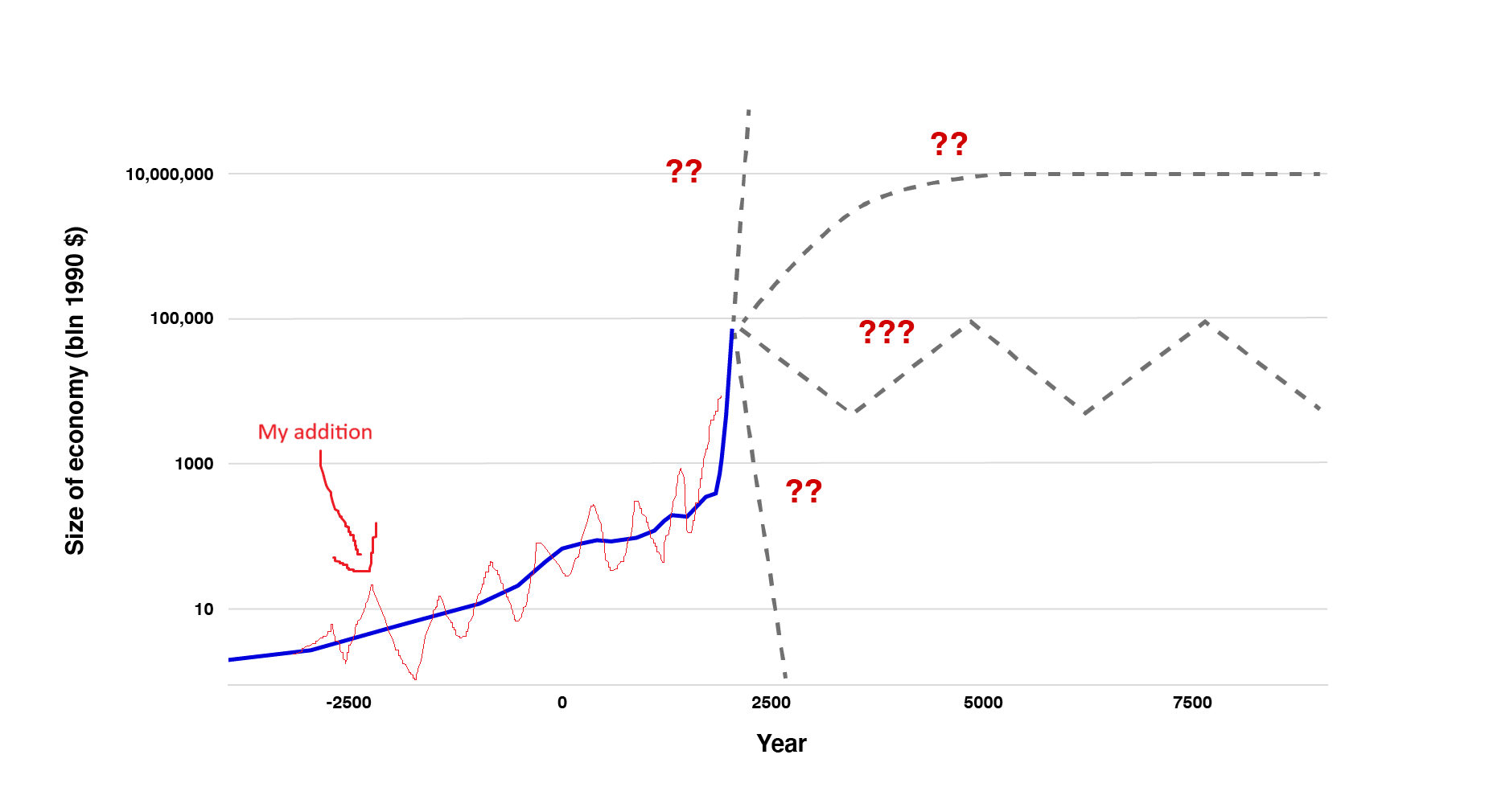Hoa Do
Comments10
A lot to say on this but keeping short on time I make some quick points.
- Humanity is "not super awesome" in comparison to what alternative? From my POV I am grateful at all that humanity has some measure of empathy, charity and compassion. I can imagine much worse and to humanity's credit we live in a very hostile universe. Have we come to forget how cruel nature could be?
- Are we taking for granted that being "good" or altruist is not a natural state? It requires a lot of foresight, it is learned, it is instilled through generations of evolution which I believe to still be in the process of being selected.
- It is hard to be "good". It is easier to be less bad but generally we're most likely doing a lot of bad without realizing it most of the time. I don't find it so easy to point fingers at others for not being so moral. Their life is an entire universe I have yet to discover. I don't know them and their burdens. I am grateful that I am in a position to think of morals and ethics at all. Charity is a privilege.
- Perhaps I believe that generally humans are good and that they behave badly because they are lacking something which has prevented their growth into become a better human. I think our world in data really highlights the trend of what humanity does as it becomes more efficient/wealthy.
- Could humanity become totalitarian and cruel? Absolutely. Which is why EA and our fight is so important. Perhaps I believe in humanity because I must.
- Lastly I can't help but feel a sense of irony at people who are living in the modern age in one of the developed countries thinking humanity is bad while benefiting from all the labor of our ancestors. We are so privileged today standing on their shoulders. All the while talking about how bad it is.


It seems natural to me to think of the "most good" as also being effective at taking care of myself. How much resources do I need to be happy and effective is something I strive to be more efficient with over time. In a sense it is learning how to be yourself better. With the caveat that one should be cautious in becoming too optimistically lean. I do agree that it is common trap that needs to be addressed and perhaps taught earlier on but I'm not sure the core tenants of EA can be simplified any more at this stage. Perhaps something like "Striving for more good"?
I think it's clear why legible activities are valued more. Science plays closely with empiricals after all and it's easier to be convincing with evidence but that's also to your point. I think the real point here is that the nuance of science should be emphasized more. Science respects the unknowns and unmeasurables rather than ignores it. Think this is a more general human problem than one of EA specifically but equally should be addressed.
I think of EA as more of a mental and language framework than as a belief system. People adopt EA because of their belief systems rather than believe in EA itself. The cult aspect goes away if you don't care about belonging to a group and whenever you care too much about belonging to a group, you're also more likely to find yourself in a cult. However as it is a general problem that gets in the way of "doing most good" it is also something that EA folks should be wary of. Which goes back to your point of EA ideally being self-correcting.